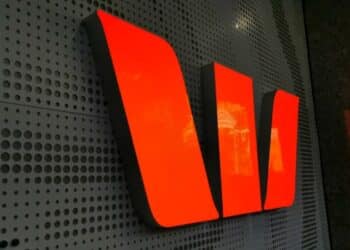The state government-run SIV program provides foreign investors with a visa on the condition they invest $5 million in ‘eligible assets’.
In the most recent Trialogue, Tria Investment Partners senior consultant Oliver Hesketh said much of the press related to the Australian SIV program has focused on the effect on the real estate market – but direct real estate is not one of the assets that count towards the $5 million requirement.
Instead, the $5 million must be invested in Australian sovereign bonds, local (non-investment) private business, or Australian managed funds that invest in Australian assets, he said.
BT/Westpac launched a service to help investors with the SIV process last week.
Mr Hesketh said the SIV program “has the potential to make a material difference to the new inflow position of the local asset management industry”.
Given that there are more than 300 SIV applications being processed already, and assuming approximately 500 per annum ongoing, the asset management industry is looking at $2.5 billion of incoming assets each year at a minimum, said Mr Hesketh.
“If 40 per cent of the minimum $5 million investment goes into managed funds, we can expect an additional $1 billion per annum of inflows. When net inflows are under $10 billion per annum, that has a visible impact – around a 12.5 per cent uplift on our forecast for net inflows for the asset management industry as a whole,” he said.
But distribution in this space is likely to provide asset managers with a headache, said Mr Hesketh.
“As ever, the real estate industry is well ahead of the wealth management industry, already partnering with Chinese firms to design and develop products (real estate focused of course) to their clients,” he said.
“Compared to the largely regulation-free world of real estate agents, Australian financial services players face greater constraints,” said Mr Hesketh.
Financial advisers in Hong Kong attract Chinese investors via a model that sees over half the advice income paid to local distribution partners who source new investors, he said.
“This type of model is of course inconsistent with the conflicted remuneration provisions of [the Future of Financial Advice reforms],” said Mr Hesketh.
So while the SIV program could provide a boost to the local asset management industry, there will be a lot of regulatory barriers to hurdle, he said.
“You will need to be part of a group with a presence in key offshore markets, or have partners that do, and have a well-designed distribution model that also satisfies your legal and ethical requirements under FOFA,” said Mr Hesketh.







